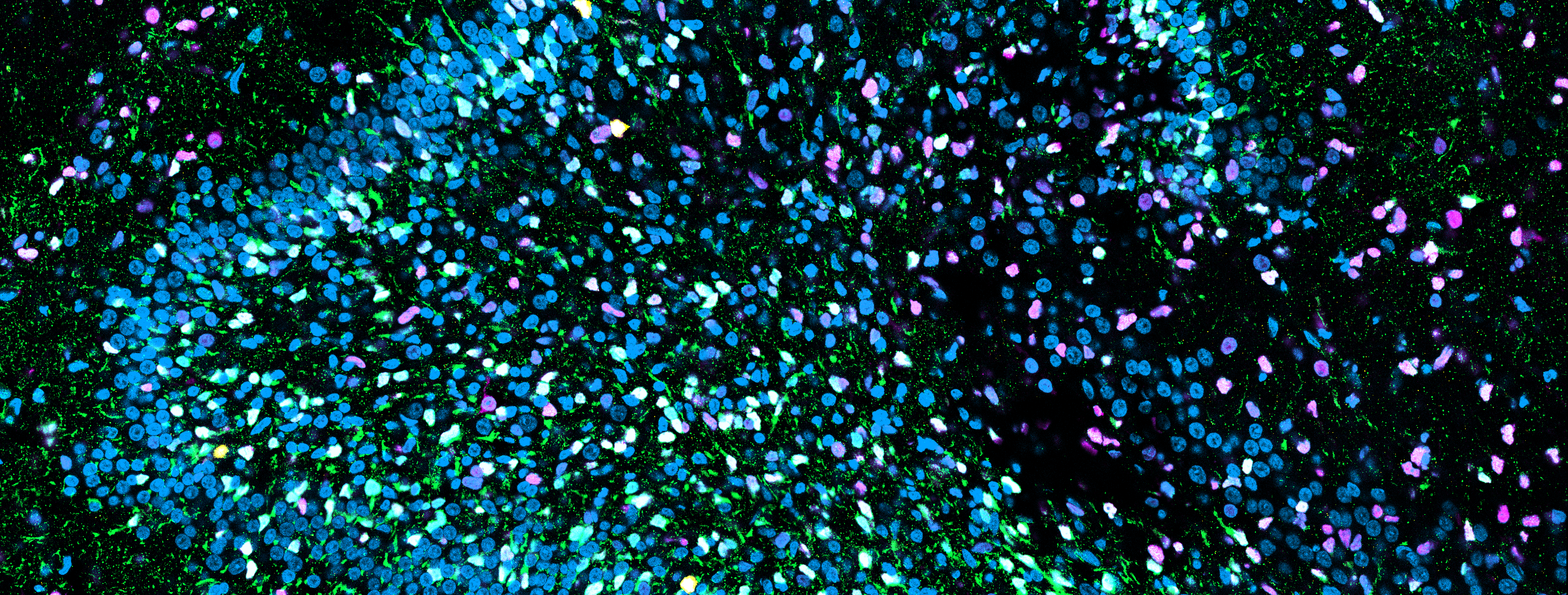Speaker
Description
Brain organoids can provide major insights into neurodevelopment and its disruption in neuropsychiatric disorders. To capture how individual chromatin remodellers and their dosage shape developmental trajectories, we profiled by single-cell RNA-seq brain organoids derived from a group of paradigmatic neurodevelopmental disorders (NDDs) caused by mutations in chromatin regulators. Currently existing tools for gene regulatory network reconstruction largely rely on co-expression. Advanced methods eventually constrain co-expression inference by considering only interactions backed by TF-gene interactions derived from single-cell ATAC or motif-enrichments at known regulatory regions. These approaches are limited since they consider only TFs as regulators. We repurposed a new algorithm, based on hierarchical Bayesian inference, to single-cell RNA-seq data, to allow for the reconstruction of causal relationships in dynamic systems. This approach is agnostic to ATAC- or motif-based prediction, thereby overcoming the TF-centric view of canonical tools. Our cell state-specific causal regulatory networks highlight known regulators of neurodevelopment as key hubs, as well as new candidate regulators of neuronal differentiation and cell identity maintenance. We benchmarked our new approach with existing tools and linked the activity of newly defined hubs to human cognitive-behavioural phenotypes. Collectively, by overcoming co-expression-based biases and identifying regulators beyond direct transcriptional rewiring, we provide a new approach for hypothesis generation and identify novel candidate mediators of human neurodevelopment.
| Author(s) | L. Basile*, F. Prazzoli, E. Villa, A. Vitriolo, G. Testa |
|---|---|
| Affiliation(s) | Human Technopole Foundation, Milan, Italy; University of Milan, Milan, Italy; European Institute of Oncology IRCSS (IEO), Milan, Italy |

